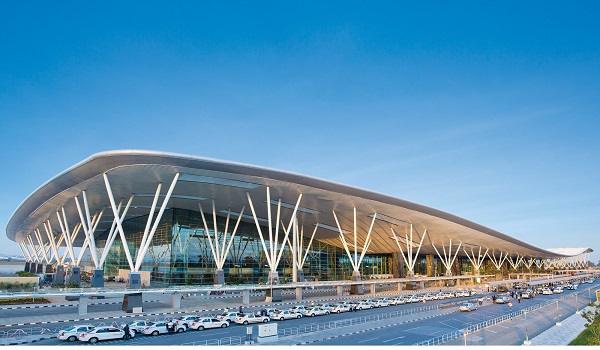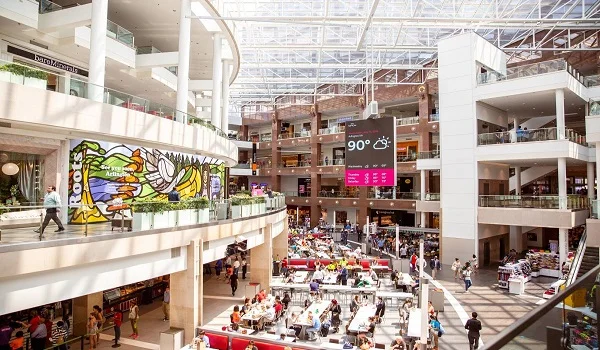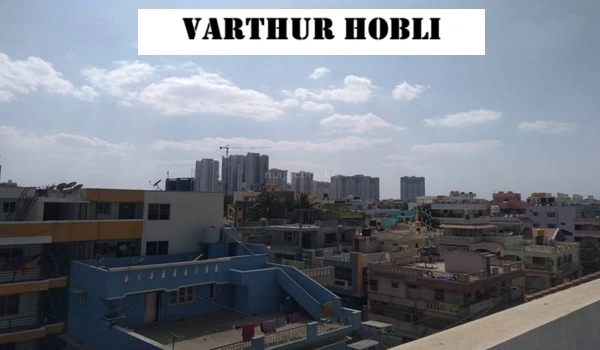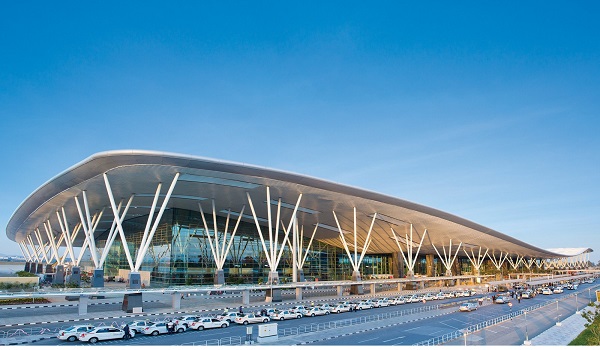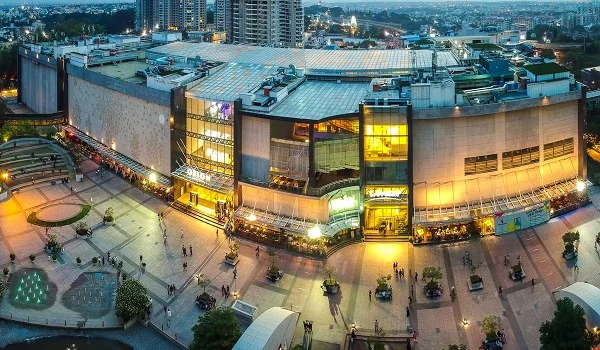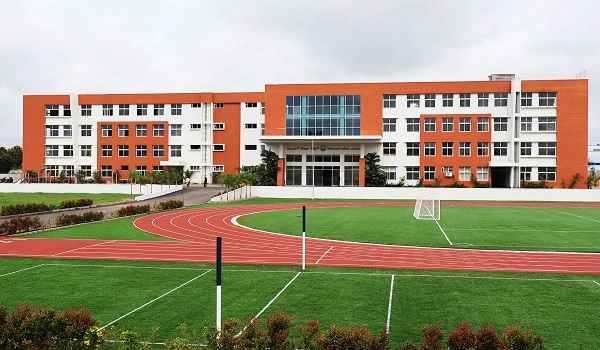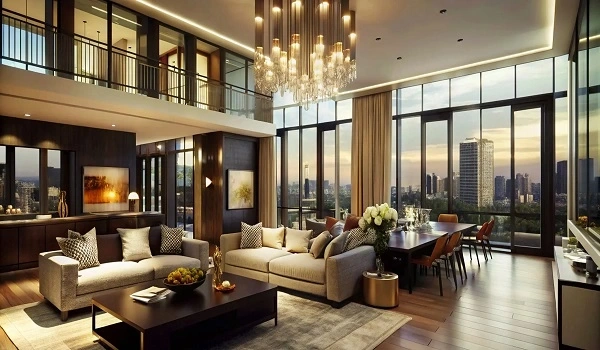Bengaluru Home Prices Rise 79% in 5 Years – How Other Cities Compare in 2025

Bengaluru has become the top city in India for real estate growth. In the last five years, home prices in the city have jumped by 79%, the highest among major metro cities. This growth is much faster than the national average of 48%, according to a new report from 1 Finance.
The report is based on the 1 Finance Housing Total Return Index (TRI). This index looks at average per square foot (psf) rates, rental income, and population to understand how each city's real estate market is performing.
| City | Avg. Price (₹/sq. ft.) | 5-Year Increase |
| Bengaluru | ₹10,349 | 79% |
| Kolkata | ₹8,179 | 61% |
| Delhi NCR | ₹23,378 | 47% |
| Pune | ₹10,920 | 45% |
| Hyderabad | ₹8,622 | 43% |
| Mumbai | ₹26,975 | 42% |
| Chennai | ₹8,519 | 21% |
Bengaluru is known as the IT capital of India, with over 1 million tech workers. Many of them earn high salaries and are looking to buy homes. This has pushed prices up across the city.
- The city has also seen a drop in unsold homes, which shows that demand is strong.
- Infrastructure projects like new metro lines and elevated roads are making it easier to travel across the city.
- Areas like Whitefield, Sarjapur Road, and Hosur Road have seen yearly price increases between 14% and 17%.
- Projects like Birla Evara, located near the IT corridor, are drawing interest from both working professionals and NRIs.
Hyderabad – Growth with Oversupply
- Price: ₹8,622/sq. ft.
- Increase: 43%
- Hyderabad has strong IT and pharma industries. Home prices have gone up, but the city also has a 177% increase in unsold inventory, meaning too many homes are available compared to demand.
- Price: ₹23,378/sq. ft.
- Increase: 47%
- Startups like Zomato and PolicyBazaar have made many people wealthy, increasing demand for premium homes.
- Greater Noida: +98%
- Noida: +92%
- Delhi: +38%
- Also, the Dwarka Expressway has helped increase property values in Gurgaon.
- Price: ₹26,975/sq. ft.
- Increase: 42%
- Mumbai is India's most expensive city. Even though prices didn't rise as fast as in Bengaluru, demand stayed strong. Between January and April 2025, more than 52,000 properties were registered, an 8% jump from the year before.
- Price: ₹10,920/sq. ft.
- Increase: 45%
- Pune is also an IT hub but focused more on support and back-office roles.
- Developers have been careful, cutting new launches by 20% to avoid oversupply.
- In places like Hinjewadi and Wagholi, rental returns are strong.
- Price: ₹8,179/sq. ft.
- Increase: 61%
- Kolkata surprised many with its price rise, especially in areas like East Kolkata.
- However, the city's economy is still mostly based on lower-wage jobs like textile work.
- Also, new project launches have dropped 29%, showing the market is shrinking outside of hot spots.
- Price: ₹8,519/sq. ft.
- Increase: 21%
- Chennai's real estate growth has been steady. Its automotive and electronics factories provide stable jobs, supporting mid-range housing.
- But there's a growing mismatch: new projects rose by 51%, but home sales went up only 10%. This may create an oversupply.
Across cities, here are the key reasons for the steady growth in housing prices:
- Strong job markets (especially in tech and manufacturing)
- Better roads, metro lines, and airports improving travel
- Lower home loan rates in recent years
- Return-to-office trends after COVID, reviving rental demand
- NRI interest in Indian homes
- Rising costs of materials and labor, making construction more expensive
- Luxury home demand growing, especially in Bengaluru and Delhi NCR
The 1 Finance Housing Total Return Index (TRI) gives a clear picture of city-level real estate performance. It includes:
- Sale prices per sq. ft.
- Rental income
- Population impact
Index Growth: From 167 in 2020 to 247 in 2025, showing a strong upward trend.
Not everything is smooth sailing for homebuyers:
- Affordability is a concern. Many middle-class families find it harder to buy homes now.
- Buyers are rushing. Some worry about missing out and end up making emotional decisions.
- Not all areas grow the same. City-wide averages hide what's really happening in different neighborhoods.
- Extra costs matter. The prices listed above don't include stamp duty, registration, GST, or maintenance charges.
- Bengaluru is expected to stay strong with demand from tech workers and global companies.
- Hyderabad may face price pressure if unsold homes continue to pile up.
- Pune is seen as a safe and steady choice for both living and investing.
- Delhi NCR and Mumbai will see more interest in premium homes and well-connected areas.
| Enquiry |

